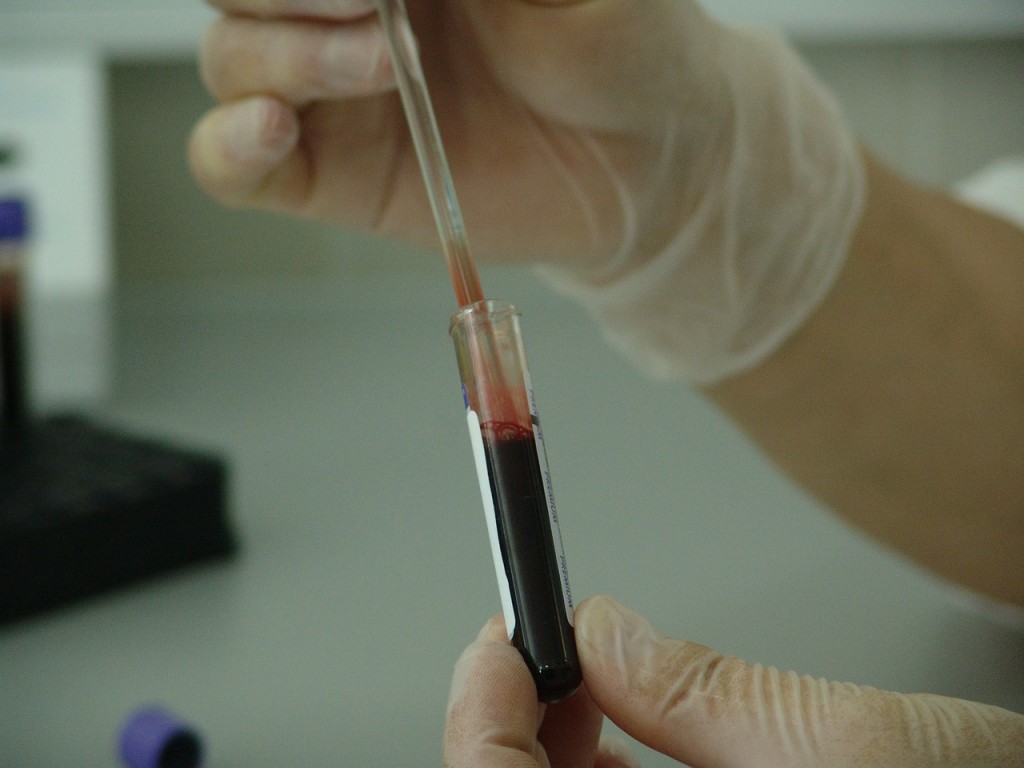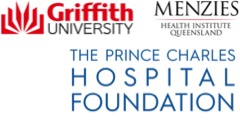 What is always triggered by an infection, claims more lives than any cancer and is seen more often than heart attacks? If you don’t know, you’re in good company; despite its prevalence, fewer than half the adult population of developed countries have heard of it. So what are we talking about? Sepsis.
What is always triggered by an infection, claims more lives than any cancer and is seen more often than heart attacks? If you don’t know, you’re in good company; despite its prevalence, fewer than half the adult population of developed countries have heard of it. So what are we talking about? Sepsis.
Also known as blood poisoning, sepsis is a global health care problem and carries a high risk of death – in fact, it is a leading cause of death in the least developed countries.
“While treatment exists and is very successful, it is still unclear how our immune system responds to the infection and the various resuscitation therapies,” says Kavita Bisht, APR.Intern.
Kavita was placed, through the APR.Intern program, with the Critical Care Research Group (CCRG) at The Prince Charles Hospital for a period of five months. She explains that to find the best treatments for sepsis it is crucial to understand the role of different immune cells.
“My project in the CCRG used sheep models to identify the best resuscitation therapies to help reduce sepsis-induced deaths,” says Kavita. “I wanted to see how immune cells change when the blood is poisoned and if different revival treatments affect the inflammatory response of cells.”
Kavita’s academic mentor, Dr Andrew Bulmer from the new Menzies Health Institute Queensland, Griffith University, remarked that Kavita acquired many new research skills as a result of the internship which were critical to her research development.
“Kavita brought valuable skills to the CCRG from her PhD training at Griffith University and added value to the CCRG’s research program. This has strengthened collaboration between our groups, and led to several shared publication outputs,” Dr Bulmer says.
“I honestly believe the APR.Intern project is of incredible value,” Dr Bulmer concludes.
Kavita now has a job in the CCRG thanks to the internship, and she was awarded an early career research grant, which is helping her to develop her own research track record. These awards are vital to the development of aspiring researchers.
— ends —
APR.Intern is a not-for-profit organisation funded by Australian Universities, government agencies and mathematical societies. The program delivers some of Australia’s young and brilliant minds to industries from a range of disciplines. It also provides a platform for industry to engage and attract talent into their organisation. Ultimately, this increases Australia’s global competitiveness by providing industry innovative solutions. aprintern.org.au
Intern: Kavita Bisht, Griffith University
Industry Partner: Michael Hornby, CEO, The Prince Charles Hospital Foundation
Academic Mentor: Dr Andrew Bulmer, Menzies Health Institute Queensland, Griffith University



